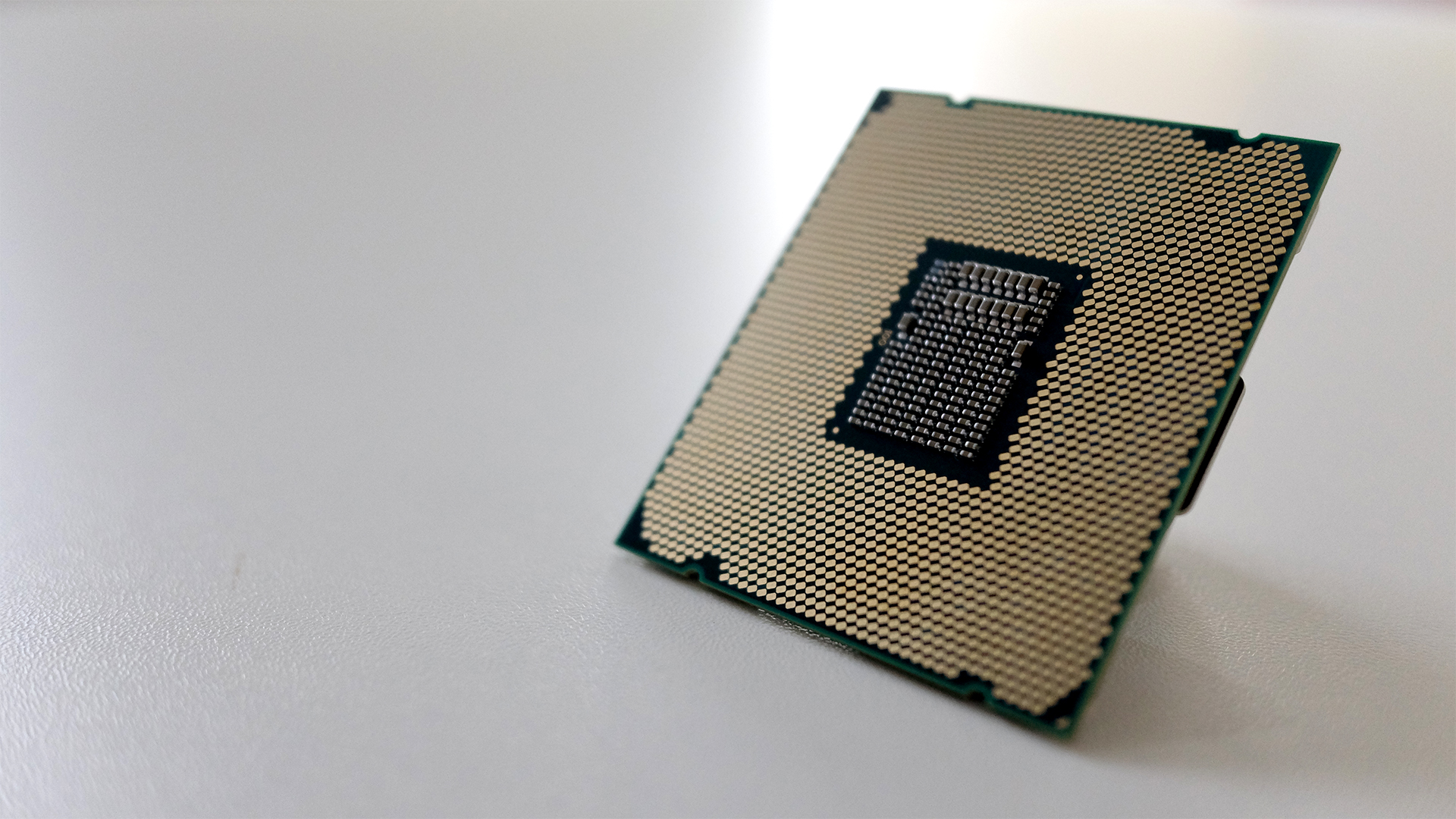Intel hardware chief steps down following 7nm chip delays
Murthy Renduchintala leaving Intel as chipmaker overhauls hardware division to keep pace with AMD

Intel has announced a major overhaul of its hardware division as it looks to come to terms with several recent delays and issues.
The company has announced that chief engineering officer Dr. Venkata (Murthy) Renduchintala is leaving the company on August 3 as part of a significant change to its chipmaking operation.
Intel recently revealed that its hotly-anticipated 7nm chip hardware would be delayed until 2022, leaving it at a disadvantage versus old rival AMD, which is set to get the jump and possibly launch 5nm Zen4 CPUs well before this.
- Best Intel Processors: the best CPUs from Team Blue
- Best AMD Processors: the best CPUs from Ryzing Team
- Check out how to overclock your CPU
Intel 7nm delay
"I...want to thank Murthy for his leadership in helping Intel transform our technology platform," Intel CEO Bob Swan said in a statement. "We have the most diverse portfolio of leadership products in our history and, as a result of our six pillars of innovation and disaggregation strategy, much more flexibility in how we build, package and deliver those products for our customers.”
As part of the reshuffle, Intel will break up its Technology, Systems Architecture and Client Group, previously overseen by Renduchintala, into five different teams.
Effective immediately, these new divisions will take individual responsibility to focus on technology development, manufacturing, design engineering, architecture, and supply chain management, with the heads reporting directly to Swan.
Intel had previously said that its 7nm node would kick off at the tail end of 2021. The company is now a year behind its internal projections for 7nm, although the delay to bringing a product to market has only shifted by six months.
Sign up to the TechRadar Pro newsletter to get all the top news, opinion, features and guidance your business needs to succeed!
Intel still plans to launch its 'Tiger Lake' 10nm CPUs for laptops later this quarter, but this also follows a significant delay that has led to worries around the industry. News of the delay led to a major shareholder sell-off, with Intel's stock price and market capitalization plummeting.
The delay is caused by flaw(s) found in Intel’s 7nm manufacturing process that led to yield degradation. The world’s largest chipmaker said that it had found the root cause of the yield degradation, but did not specify it in a conversation with analysts and investors. It will now take Intel some time to fix the flaw(s) and then re-qualify process technology.
- Best workstations: these are the most powerful PCs for professionals

Mike Moore is Deputy Editor at TechRadar Pro. He has worked as a B2B and B2C tech journalist for nearly a decade, including at one of the UK's leading national newspapers and fellow Future title ITProPortal, and when he's not keeping track of all the latest enterprise and workplace trends, can most likely be found watching, following or taking part in some kind of sport.